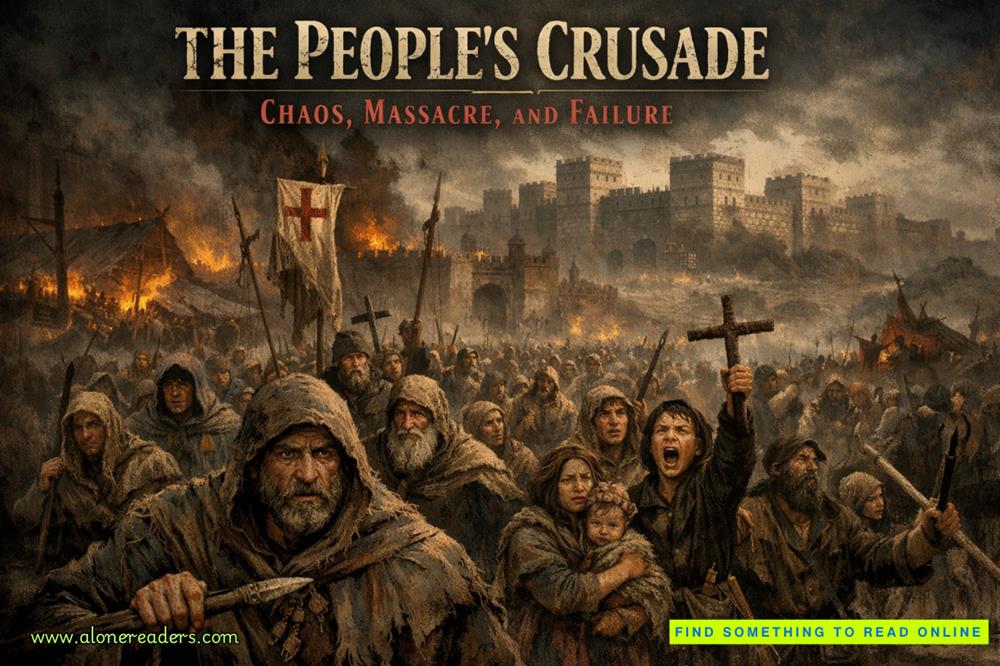The Lincoln legacy—I’d never live it down.
“Not anymore,” I said. “I don’t do criminal. Are the detectives on the way? I’d like to speak to them.”
“I’m signing off on this as a self-inflicted suicide,” Finley said. “No need to call in detectives.”
I didn’t bother mentioning thatsuicidemeant that it was self-inflicted.
“You have the authority to make that call?” I asked.
“I do, yes,” Finley said. “No sign of foul play, empty pill bottle, pending eviction. The coroner’s office will make the final call on the toxicology, and they’re on the way. All our reports will go to the detective bureau for review. But right now, we don’t need to bother the detectives with this.”
“Well, Sergeant, I am going to have to insist that you do. This man was set to be a key witness in an upcoming civil trial where billions of dollars will be at stake, and there is a corporation that would do anything to subvert the cause of justice.”
Finley smiled, glanced around him, and understood he now had an audience—his two underlings. He turned his attention back to me.
“That’s a nice speech,” he said. “But it doesn’t change my call on this. The coroner’s investigator will take a look and I’m sure he will agree. Now, we have your statement and your information and we’ll be in touch if we need to be in touch. You and your investigator can go now, sir. Have a nice day.”
He turned away to confer with the two other cops. I looked at Cisco and shook my head.
“There is a hearing today in federal court,” I said loudly but calmly. “It’s about this witness. There will be media there. A lot ofmedia—the case has already drawn national interest, and we’re not even in trial yet. When I report that there has been no investigation by the LAPD of this man’s death, that will be news, and your decision here will end up being questioned by your boss and his boss and his boss all the way up the line to the chief of police. Just remember, I warned you.”
Finley turned around and put his hands on his hips as he stared at me, clearly annoyed at getting pushback on his command decision. Cisco put a hand on my arm and gave it a tug.
“Come on, Mick,” he said. “We should go.”
I shook his hand off as Finley stepped back to me.
“Sir, did you have permission to enter this home?” he asked.
I shook my head.
“Oh, is that how you want to go?” I said. “You’re going to get me for trespassing? You really want to dig yourself in that deep, Sergeant Finley?”
“What I want, sir, is for you to leave these premises,” Finley said. “While you still can.”
“Don’t worry, Sergeant, we’re leaving,” Cisco said.
He pulled again on my arm, but I held my ground and pointed at the front door of the house.
“No,” I said. “I’m not leaving until I know this man’s death is going to be properly investigated. By detectives, not patrol officers.”
Finley smiled.
“Okay, you want an investigation, you’ll get an investigation,” he said. “We’ll investigate you. Officer Dance, put the Lincoln Lawyer in the back seat of your car.”
Dance was the female officer. She stepped toward me.
“Do I cuff him, Sarge?” she asked.
“I don’t think we need to do that,” Finley said. “He’s going tocooperate. Just put him in the car and we’ll get to him when we get to him.”
“This way, sir,” Dance said. She pointed toward the walkway with one hand while taking my arm with the other.
“This is bullshit,” I said. “If you put me in the car, you are arresting me, and you’re going to answer to a federal judge for that.”
“Let’s go, sir,” Dance insisted.
“Mick, who do you want me to call?” Cisco said.















